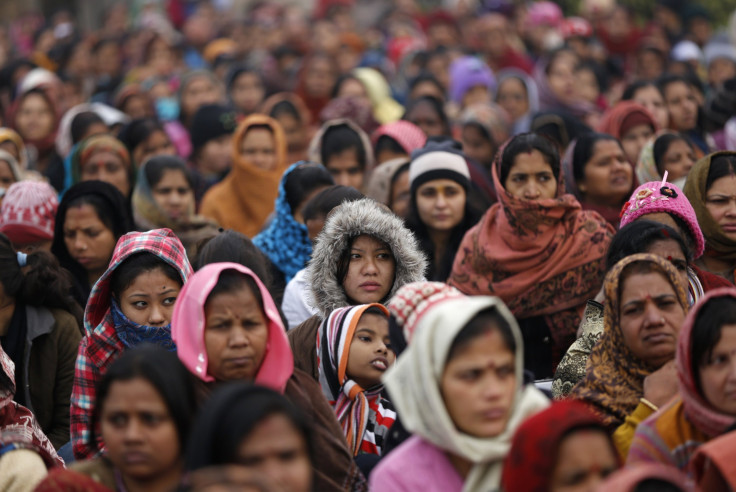Young Indian Rape Victim Dies: A Look Back At Mathura, Another Incident That Changed Rape Laws

The death of a 5-year-old rape victim in India has again cast a harsh glare on the attitudes toward females in the sub-continent, almost five months after the gang-rape and subsequent death of a medical student in Delhi triggered global attention to India’s rape crisis.
In the latest atrocity, the child (some sources claim she was as young as 4) passed away on Monday in a hospital in the city of Nagpur in Maharashtra state. She suffered cardiac arrest.
She had been assaulted in neighboring Madhya Pradesh on April 18. Two men have been arrested in connection with the rape.
In yet another case of a sexual assault on a child, a 5-year-old who was kidnapped, raped and tortured in a locked room in New Delhi is still recovering at a hospital.
These inhuman acts will likely trigger another wave of massive protests in India with renewed demands for tougher punishment and, more ambitiously, a call to change India’s attitudes toward women, children and the poor.
However, this cycle of rape-outrage-protest-demands for legislation is nothing new in India.
More than 40 years ago, another case of rape on a young Indian girl also sparked waves of national protests, recriminations and soul searching.
In March 1972, a 16-year-old tribal girl named Mathura was allegedly raped by two, maybe three, policemen at the Desai Ganj police station in Chandrapur district Maharashtra, about 100 miles southeast of Nagpur.
According to media reports at the time, Mathura went to the police station to file a complaint against her brother, who was harassing her over having a boyfriend. In addition, the policemen were apparently drunk on duty.
The two accused police officers were acquitted with the court determining that the sex was “consensual.” After the Nagpur Bench of Bombay High Court reversed that judgment, the Supreme Court again acquitted the policemen, citing that Mathura did not raise an alarm and had no visible marks or injury on her body, suggesting she did not resist their sexual advances.
"Because she was used to sex, she might have incited the cops to have intercourse with her,'' the judge said at the time.
Other reports suggested that the judge in the case absolved the police officers because it emerged that Mathura had not been a virgin prior to the gang rape.
The ensuing outrage from the public and women’s organizations led the government to enact tougher laws against rape in India. Among other things, by 1983 legislation provided that if a rape victim says she did not consent to having intercourse, the court would have to presume likewise. In addition, the amended law stipulated that custodial rapes (sexual assaults that occur while the victim is under police detention) would be punishable by no less than seven years in prison. Also, it became a punishable offense for any party to reveal the identity of a rape victim during legal proceedings.
Indeed, while the Mathura case did not to reduce the incidence of rape in the country, it did lead to the formation of women’s rights organizations like Saheli in Delhi and the Forum Against Rape almost overnight, and the expansion of women’s consciousness in matters of human rights and gender equality.
Tithi Bhattacharya, wrote in Socialist Workers, that the “sheer size of the protests in the Mathura rape case forced the Indian Supreme Court to overturn its initial decision that found the police not guilty and instead convict them. Since then, there have been similar examples of robust organizing by women's groups for demands such as changes in rape laws, against dowry deaths and for more representation in local and national government, to name a few.”
© Copyright IBTimes 2024. All rights reserved.




















